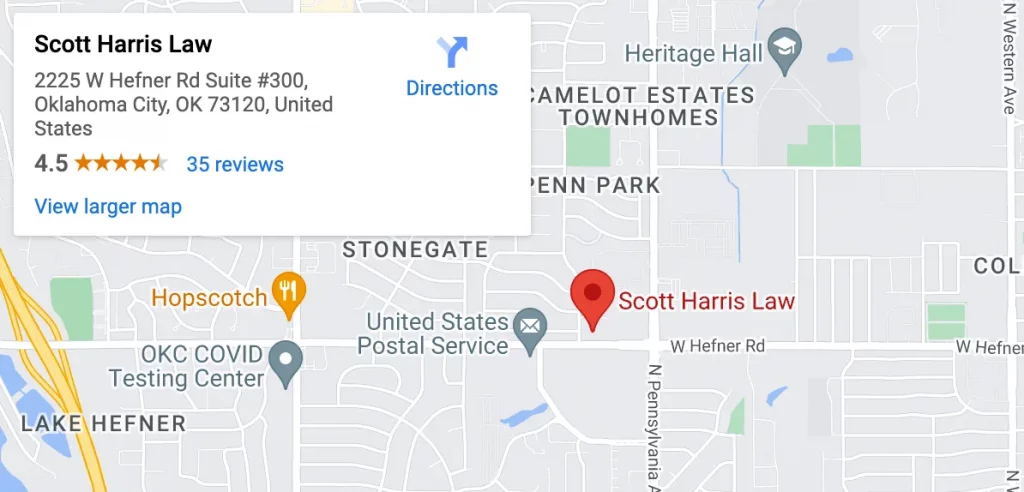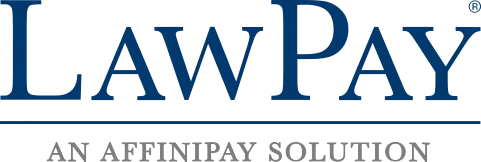Don’t Lose Your Retirement Savings
You do not lose everything when it comes to bankruptcy and retirement savings. In other words, you can utilize bankruptcy exemptions to protect your necessary properties. However, this exemption is limited. There are many legal aspects that you need to consider regarding retirement savings.
Bankruptcy can have significant implications for retirement savings due to specific exemptions under state law. Oklahoma allows individuals to exempt certain retirement accounts from the bankruptcy estate, safeguarding them from creditors during bankruptcy proceedings. As such, Oklahoma City residents considering bankruptcy may find that their retirement savings are protected to a certain extent, ensuring they have some financial security for the future despite facing financial challenges.
Short Summary:
- In bankruptcy, you can use exemptions to safeguard essential properties, including retirement savings. However, these exemptions have limits, and navigating the legal aspects of retirement savings is critical.
- Economic volatility, tax implications, inflation, longevity risk, and health-related expenses can jeopardize retirement savings. Vigilance, strategic planning, and professional advice are essential to mitigate these risks and ensure a stable financial future.
- While most retirement accounts meeting ERISA qualifications are exempt from bankruptcy, careful considerations are necessary. Withdrawn funds are subject to different rules, and exemptions have limits. Safeguarding through cash or wildcard exemptions is crucial to prevent loss.
- Certain retirement accounts, including 401(k)s, 403(b)s, IRAs, Keoghs, and others, enjoy unlimited exemption in bankruptcy. However, traditional and Roth IRAs have a capped protection of $1,512,350 per individual. Exceeding this limit may lead to the seizure of surplus funds by the bankruptcy court.
- Retirement income is not entirely exempt from bankruptcy. In Chapter 7, excess amounts beyond what is necessary for support may be used to repay creditors. In Chapter 13, retirement income influences the repayment plan for unsecured debts.
Chapter 7 vs Chapter 13 Bankruptcy
Chapter 7 bankruptcy, or liquidation bankruptcy, allows you to wipe out most of your unsecured debts, such as credit cards, medical bills, and personal loans.
Meanwhile, Chapter 13 bankruptcy (or reorganization bankruptcy) allows you to keep your assets and pay back some or all of your debts over a period of three to five years. You propose a repayment plan that proves how you will use your future income to pay your creditors.
Why Retirement Distributions or Withdrawals May Be at Risk and How to Protect Them
Planning for a secure retirement is a journey filled with twists and turns, and unforeseen challenges can sometimes jeopardize your hard-earned savings. One such risk involves the vulnerability of retirement distributions or withdrawals. Understanding the potential threats and implementing protective measures is crucial for ensuring a stable financial future.
- Economic Volatility and Market Fluctuations: The ever-changing landscape of the financial markets can threaten your retirement funds. Economic downturns or market fluctuations may impact the value of your investments, potentially affecting the amount you can withdraw during retirement. Stay informed about market trends, diversify your investments, and consider consulting a financial advisor to navigate through volatile times.
- Tax Implications and Legislative Changes: Tax policies and legislative changes can directly influence retirement distributions. Alterations in tax laws may impact the amount you receive after taxes, affecting your overall income in retirement. Stay vigilant about tax updates, consider tax-efficient investment strategies, and consult a tax professional to optimize your retirement income.
- Inflation Eroding Purchasing Power: The silent threat of inflation can erode the purchasing power of your retirement income over time. Without proper adjustments, your withdrawals may not keep pace with the rising cost of living. Implement strategies such as investing in inflation-protected assets and periodically adjusting your withdrawal strategy to combat the long-term impact of inflation.
- Longevity Risk: Living longer is a blessing but also poses a unique challenge—outliving your retirement savings. Calculate your life expectancy, consider potential healthcare costs, and develop a withdrawal strategy ensuring your funds last throughout your retirement years. Longevity risk highlights the importance of careful financial planning and prudent withdrawal decisions.
- Health-Related Expenses: Unexpected health-related expenses can strain your retirement budget. Medical emergencies, long-term care, or other health-related costs may require additional funds. Explore health insurance options, consider setting aside an emergency health fund, and factor potential healthcare expenses into your overall retirement plan.
Are Withdrawn Retirement Benefits Exempted?
Despite exempting funds in your retirement accounts from creditors, income derived from retirement benefits is not exempt. The role of retirement income is outlined as follows:
- In Chapter 7 bankruptcy, if you receive a monthly payment from a pension or retirement account, the court will view it as income included in your Chapter 7 means test qualification. While the bankruptcy court cannot seize essential retirement benefits, any amounts exceeding what is necessary for your support may be used to repay creditors.
- For Chapter 13 bankruptcy, retirement income becomes a factor in determining the portion of your unsecured debts that must be repaid in the Chapter 13 repayment plan.
Understanding the implications for your retirement funds in bankruptcy is crucial. Many individuals in the stage of withdrawing retirement funds are often judgment-proof and may not need to file for bankruptcy.
Can I Keep My Retirement Accounts?
Luckily, most retirement accounts and pension funds that meet Employee Retirement Income Security Act (ERISA) qualifications are exempt from bankruptcy. However, this safeguard has its constraints. As long as the funds stay within the designated account, they are shielded from creditors. Once withdrawn, the funds are subject to different rules, increasing the risk of loss. Consider safeguarding your funds through a cash or wildcard exemption to preserve them.
What Retirement Accounts Are Fully Protected?
Apart from a few specific cases, the exemption limits for retirement accounts in bankruptcy are without bounds, ensuring the complete protection of the entire account balance. This exemption encompasses pension plans that adhere to ERISA qualifications, including:
- 401(k)s
- 403(b)s
- Keoghs
- Individual Retirement Accounts (IRAs, such as Roth, SEP, and SIMPLE)
- money purchase plans
- profit-sharing plans and
- defined-benefit plans
Consider that a standard savings account, investment portfolio, or stock option scheme lacks protection unless it qualifies under ERISA—a criterion most accounts fail to meet. Unshielded funds will be forfeited in both Chapter 7 and Chapter 13 bankruptcy proceedings, as they are utilized to satisfy creditor claims.
Traditional and Roth IRA Limitations
The protection against creditors for IRAs and Roth IRAs is capped at $1,512,350 per individual, representing the amount untouchable by the bankruptcy court. If your total retirement account balances surpass this threshold, the surplus can be seized by the bankruptcy court to settle your debts. This exemption applies to the aggregate of all your retirement plans, and you cannot apply the $1,512,350 exemption separately for each plan.
File Bankruptcy Today Without Hesitations!
Understanding the link between bankruptcy and retirement savings is crucial before filing for bankruptcy. Your retirement savings serve several purposes, one of which is to secure your future and that of your loved ones.
Scott Harris Law, PLLC is the one you can trust to protect your retirement benefits in Oklahoma. With our proactive and highly personalized legal service, you won’t regret choosing us! We can also help if you are trapped in serious credit card debt, prevent foreclosure, and other forms of debt relief! Contact our bankruptcy attorneys and get a free initial consultation today.




